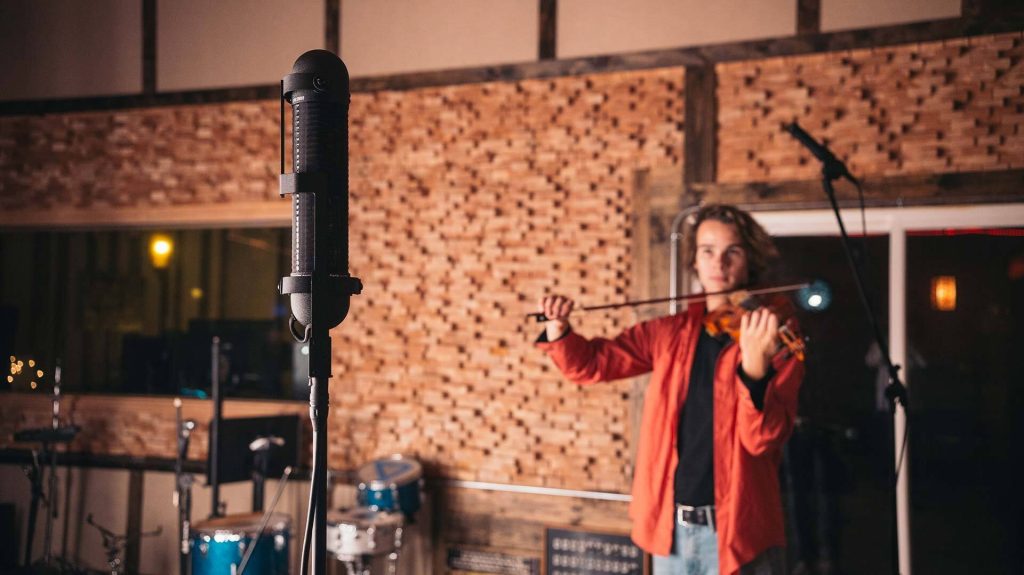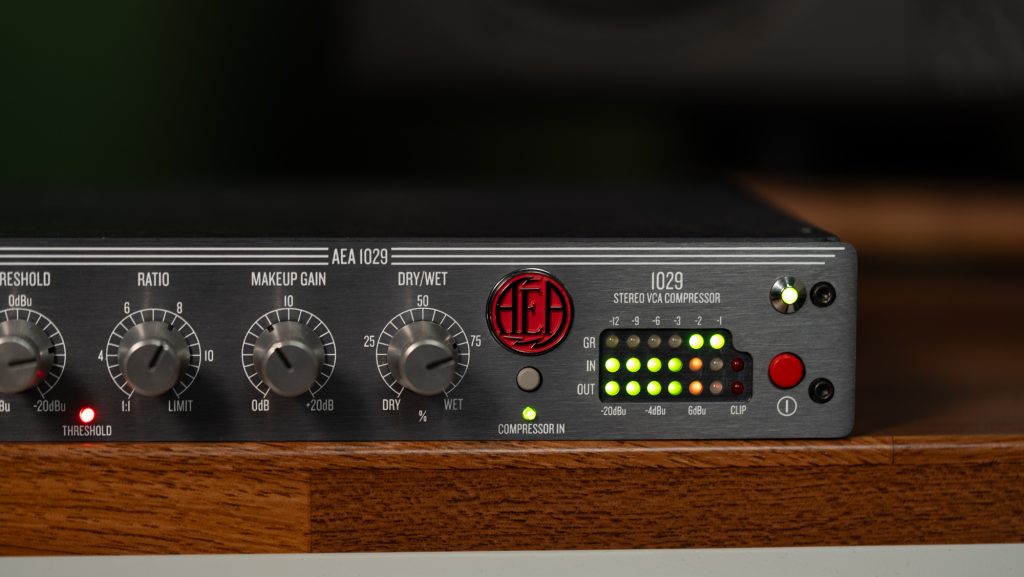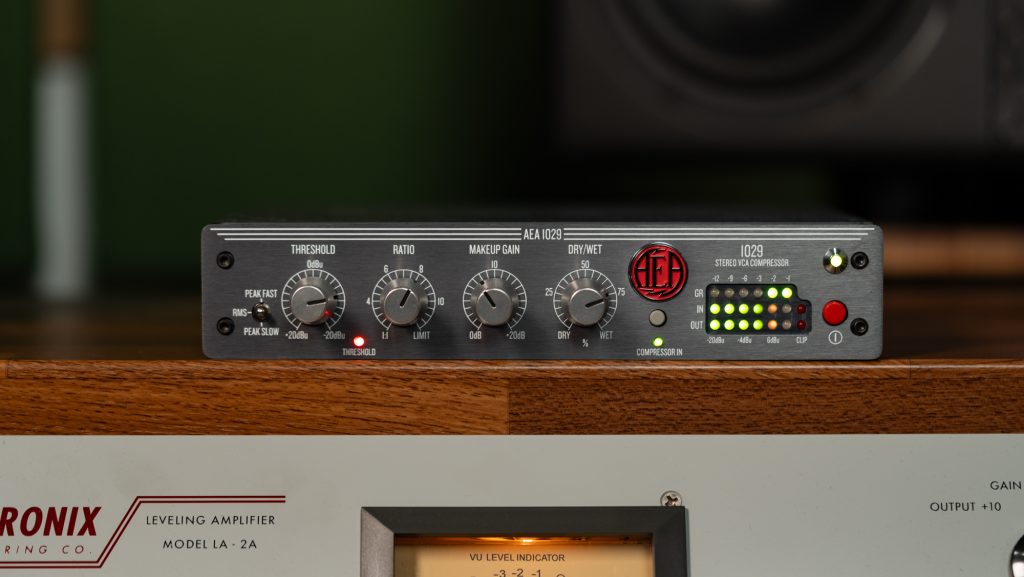When it comes to capturing a natural reproduction of a soundstage, AEA R88 Series ribbon microphones prove that some of the very first recording methods are still some of the best. Here, we'll examine the series’ Blumlein-inspired design, discuss the mics in action, and give tips for achieving stellar recordings. The Blumlein Advantage The Blumlein…







